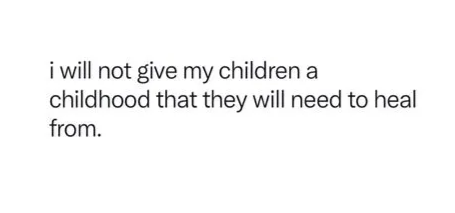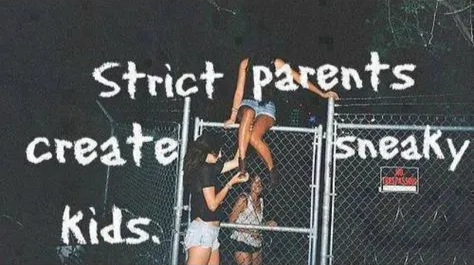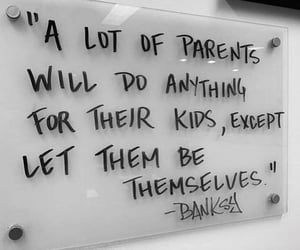
Strict Parenting
sounds of footsteps gradually increasing…
He panics. He could sense his mom coming up to his room; so he threw his Rubik’s cube under the blanket and started jotting down the text from his textbook.
This isn’t a horror story but an everyday instance from the childhood of most of us, ‘most’ includes children with strict parents. Parents, who believed they were keeping their child in a safe bubble, but not realizing that these children were subject to toxic care.
Kids, who were born and brought up in such an environment that they could look someone right in the eye and lie to their faces without hesitation.
Kids, who can’t express themselves without being afraid; afraid of being mocked, and are left with low to no emotion-handling capabilities.
Kids, who stay up until a ridiculous time of morning and night because they feel it’s the only time they’re free of pressure and expectations and can be totally alone.
But why does this type of parenting exist?
Strict parents often have a mentality that revolves around control, discipline, and high expectations for their children. What they consider as instilling discipline and values often shifts to being toxic gradually. Their ways of setting a clear boundary, a clear expectation or enforcing accountability, disregards the flexibility and warmth that a child or teen needs.
Parents, who should be acting as a shield between the negative elements of society, often tend to choose the easy path and deny all access whatsoever. Be it as mundane as meeting your same friend twice in a row, or listening to music; or as straightforward as going on trips or contacting with the other gender.
Often the parents are under pressure of the family belief and society, they want their kids to be the face of family; leading to higher standards and a sense of pseudo-encouragement for higher achievements, be it in academics or personal fields. Some parent makes their child an extension of them and tend to live their own unfulfilled ambitions through them.
Not only it pressurize the child, it tends to leave them with traumas and mental issues. As these pressures mount, the child may develop coping mechanisms that are unhealthy—whether through perfectionism, avoidance, or even rebellion. The emotional toll can lead to long-lasting mental health issues such as depression, anxiety disorders, and low self-esteem.
By stats [source: https://www.medrxiv.org/content/10.1101/2024.08.16.24312121v1], from the 14% of depressed adolescents globally, 37.39% of them are those, who are experiencing authoritarian parenting styles.
The victim children often wants to escape the umbrella of their parents. They think that they are obliged to be the “good child”, always in hope of lessening their parents problems which ultimately leads to buried feelings, inability to express emotions, wanting to please everyone, inability to handle the tiniest bit of confrontation and criticism.
This strictness often ruins their relationship with their own children, all because of their egos; not admitting their wrongdoings or simply apologizing. Often these kids have to guide themselves out of this rabbit hole and be brave and strong by themselves in life.


if i could say this to my parents…
idc what anyone says children should have the right to have their own private space to express their feelings without their parents intervening. it really causes a lot of distrust and an unhealthy relationship between the parent and child when the parent reads through their things. a child is their own person and has rights to their own body and own personal space it's not healthy to always be suffocating them with your presence. a child is sick of the “i’m the adult and you’re the child” argument.
- your own ishu :)
